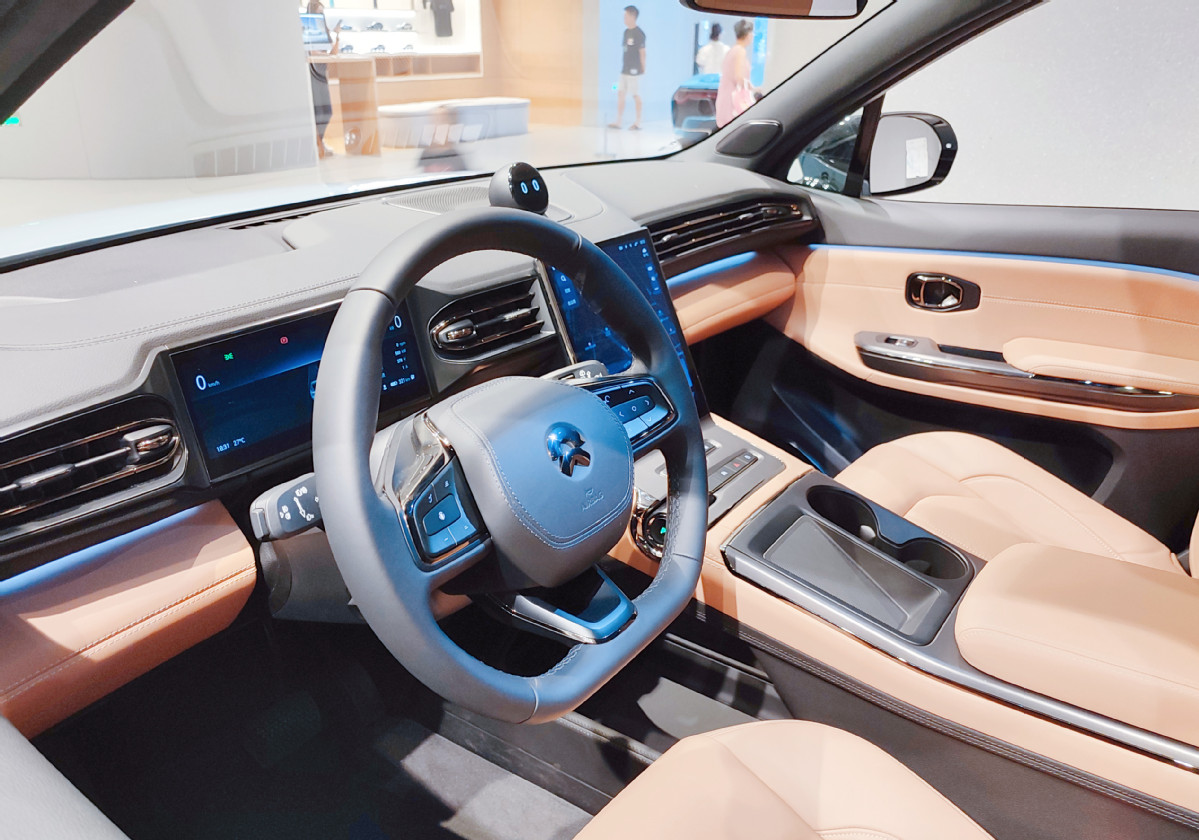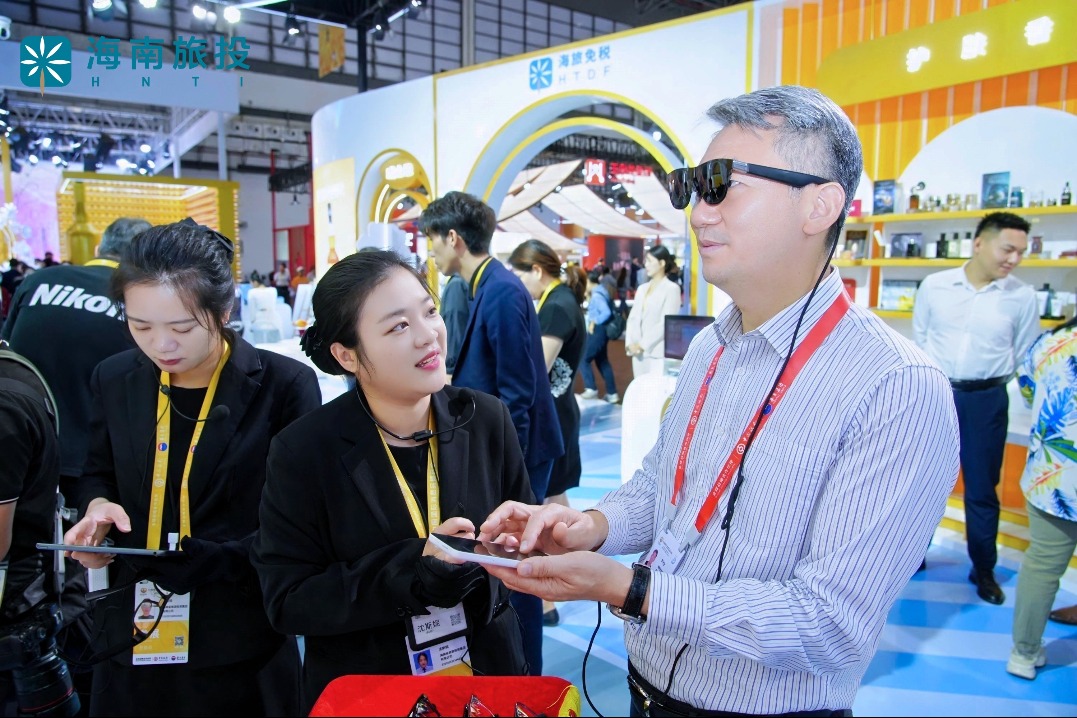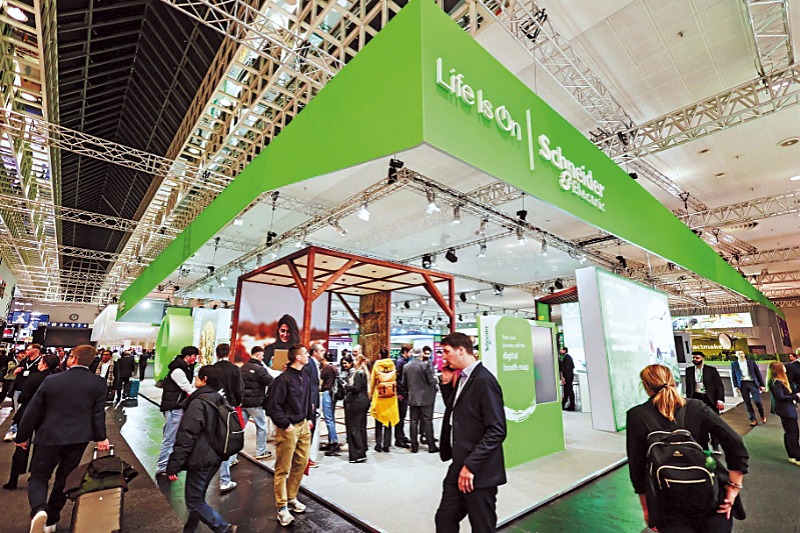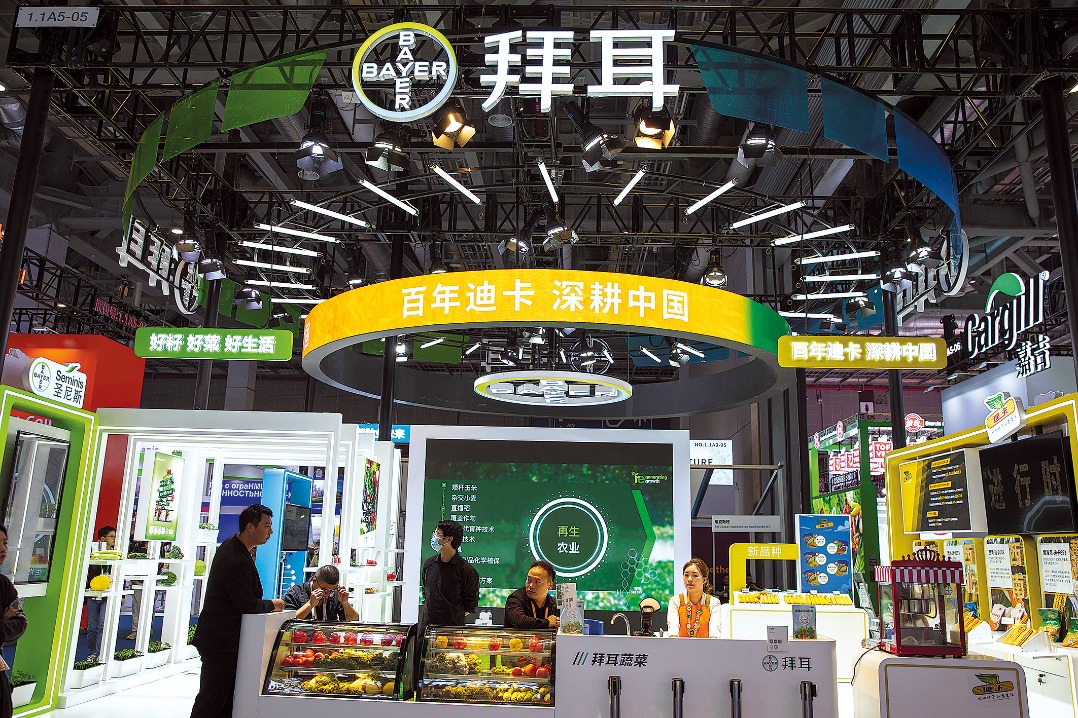Regulators taking wheel in driverless sector


Series of mishaps place fast-growing industry under greater scrutiny
An electric Nio SUV plowed into an expressway maintenance vehicle on Aug 12 in Fujian province, killing the 31-year-old Nio driver on the scene.
What makes this tragedy different from other fatal traffic accidents is a detail revealed in the victim's obituary: his vehicle's "autonomous driving system (Navigate on Pilot) was on".
Chinese startup Nio confirmed the NOP was activated, but clarified that it is a driving-assist package instead of autonomous driving that does not require human participation.
On the carmaker's website and in its product brochures, it is stated that NOP users must keep their hands on the steering wheel and eyes on the road to prevent any possible risks.
While the police investigation is still ongoing to uncover more details on the accident, the technology involved has triggered a string of mixed emotions from caution to contemplation across the sector and among the wider public.
Cui Dongshu, secretary-general of the China Passenger Car Association, has called on users of vehicles with some form of automation to reduce their reliance on the technology.
"The death is heartbreaking and serves as a warning to all of us. We need to educate drivers and take measures to prevent them from becoming overreliant on such functions," Cui said.
He said many car owners are not aware of potential risks such functions may pose although they may work well in many situations. But when they fail, the consequences are often drastic.
Yet, one glaring problem leading to such ignorance of risks is that they cannot make sense of all the technology jargon.
The concept of autonomous vehicles isn't new, but automation in any form did not come into reality until Tesla offered such hardware in its vehicles in 2014 and corresponding software in 2015.
Such terms as autonomous driving, driverless vehicles and driving-assist functions have since emerged and they are often misused, unwittingly or otherwise.
According to the Society of Automotive Engineers International, autonomous driving has six levels-from Level 0, which means zero automation, to Level 5, or full automation.
For fully automated vehicles, they don't need drivers and hence provide the possibility of driverless vehicles, which are designed free of steering wheels, as seen in concept vehicles by carmakers like Volkswagen and General Motors.
Unfortunately, carmakers haven't come up with mass-produced Level 5, Level 4 or even Level 3 vehicles, and there is no legislation anywhere allowing such vehicles to hit the market.
Features currently available in vehicles in the market are Level 2 or below, according to Zhu Xichan, an automotive professor at Tongji University.
According to SAE International, Level 2 vehicles can control steering, accelerating and decelerating, but are far from self-driving functionality and a human must sit in the driver's seat and be ready to take control of the car at any time.
That is why, Level 2 is more aptly called advanced driving-assist or a driving-assist system-ADAS for short.
But carmakers are overstating their prowess in hopes of selling more vehicles, giving their systems names that imply automation and airing footage of their vehicles automatically parking themselves, changing lanes or cruising on expressways.
Tesla, the first to offer ADAS features, calls its systems Autopilot and Full Self Driving while admitting that "no Tesla cars are fully autonomous today and require active driver supervision".
Nio, its Chinese rival, did not include "auto or autonomous" when naming its systems, but used such words when explaining relevant features.
Shen Fei, Nio vice-president, said on Sina Weibo that he enjoyed his breakfast in a Nio model when its ADAS system was on, with images provided.
Another two leading Chinese startups, Xpeng and Li Auto, used "auto" in the names of their ADAS systems, but both have removed the word after the Nio accident.
Startup WM Motor misleadingly labels its W6 SUV as "China's first mass-produced driverless vehicle "when its vehicle can only park itself automatically.
Changan, partner of Ford and Mazda, claims its UNI-T model has Level 3 functions that enable drivers to take their hands off the steering wheel and eyes off the road.
Dong Yang, vice-president of leading automotive think tank China EV 100, said carmakers should be more careful with high-level smart driving technologies.
"They must be objective. They must not brag about such technologies to sell vehicles. More importantly, they need to educate users about the new technology."
Li Xiang, founder of Li Auto, said carmakers should adopt a standard naming strategy when it comes to driving-assist functions. For Level 2 functions, the word "auto" should be banned, said Li.
China Auto Dealers Association President Shen Jinjun has called on car dealers to be more prudent as they talk directly to car buyers.
Dong urged drivers to be careful with new technologies as well. He said many gasoline-powered car owners, including himself, sometimes ignore carmaker and dealer suggestions. But things are changing.
"My old gasoline car used to suffer from delayed regular maintenance and oil changes. But inappropriate use of new technologies such as ADAS may prove fatal, so we cannot be too careful," Dong said.
Some know what they are doing. One example is drivers not being allowed to take their hands off the steering wheel when their ADAS system is activated. If their hands leave the wheel, the system will deactivate itself.
But some are cheating the system with gadgets that imitate hands' weight and even temperature, with such items easily found on e-commerce websites.
Earlier this month, a Li Auto driver posted a picture of himself lying down in the front seat with such a gadget on the wheel while the car barreled ahead. Li Auto issued a warning on its Sina Weibo account, saying that drivers should not do such dangerous things.




































